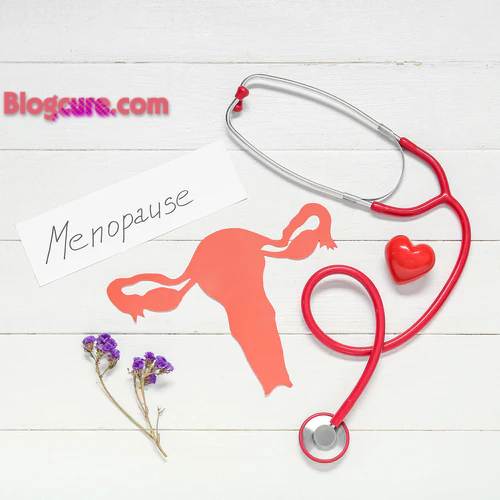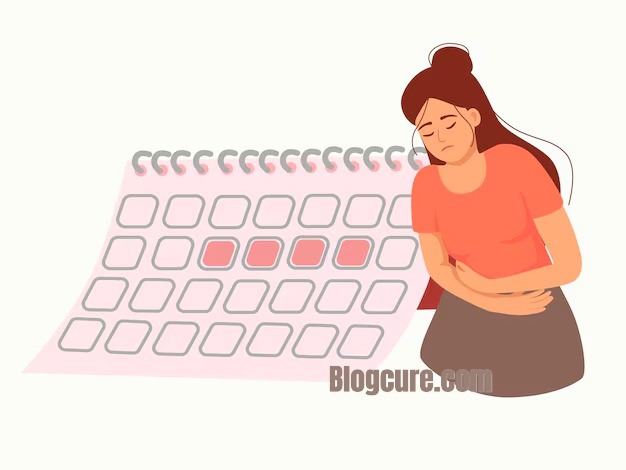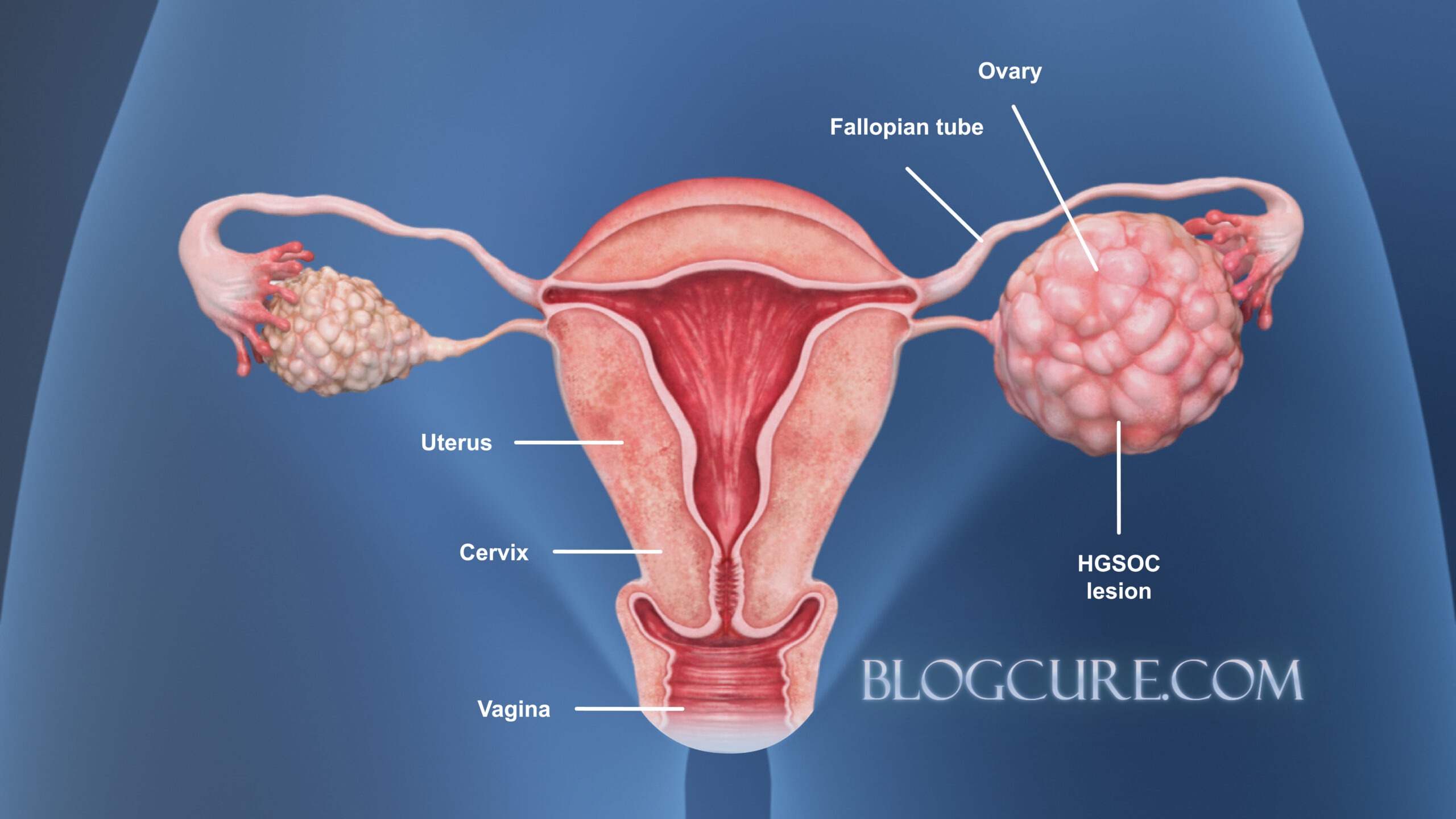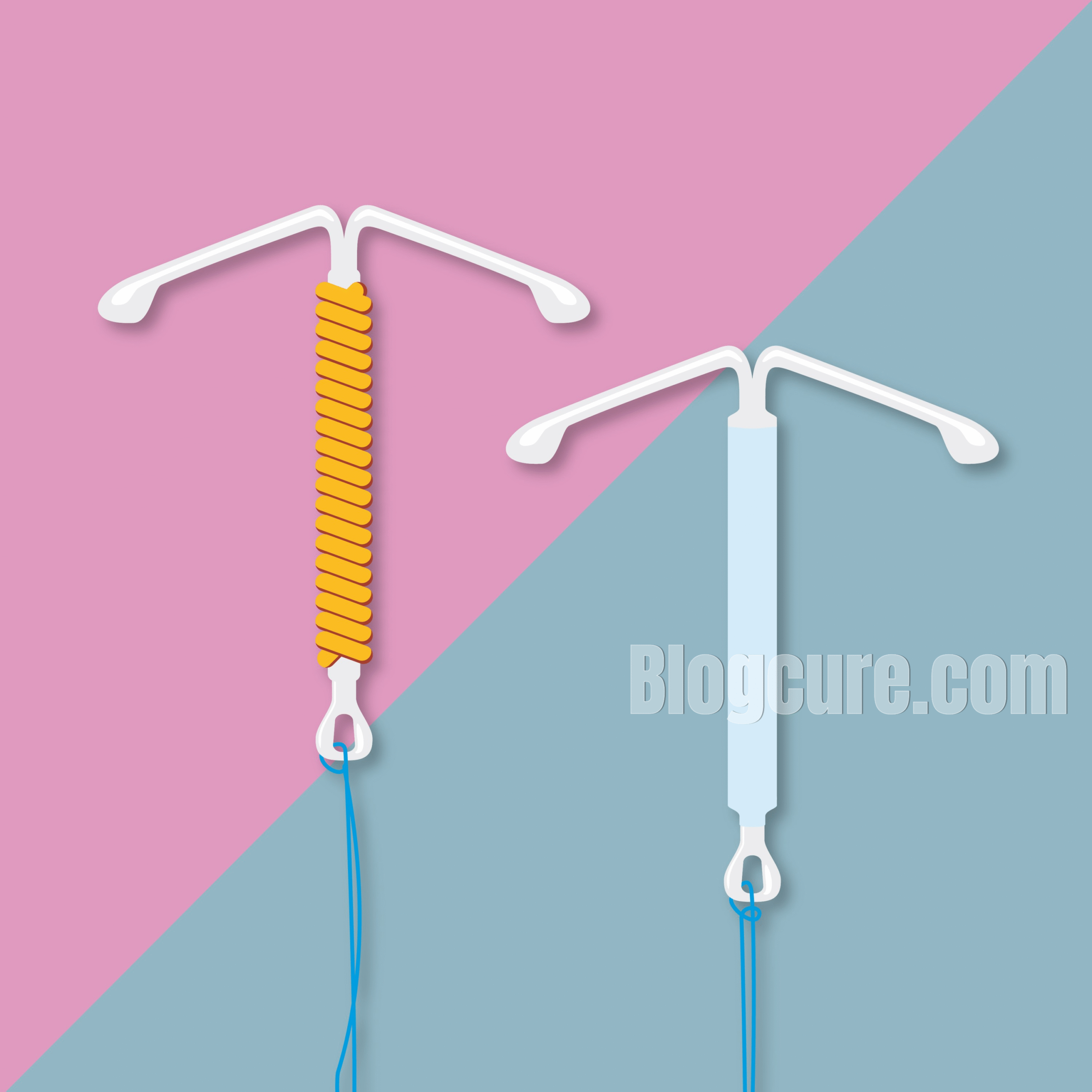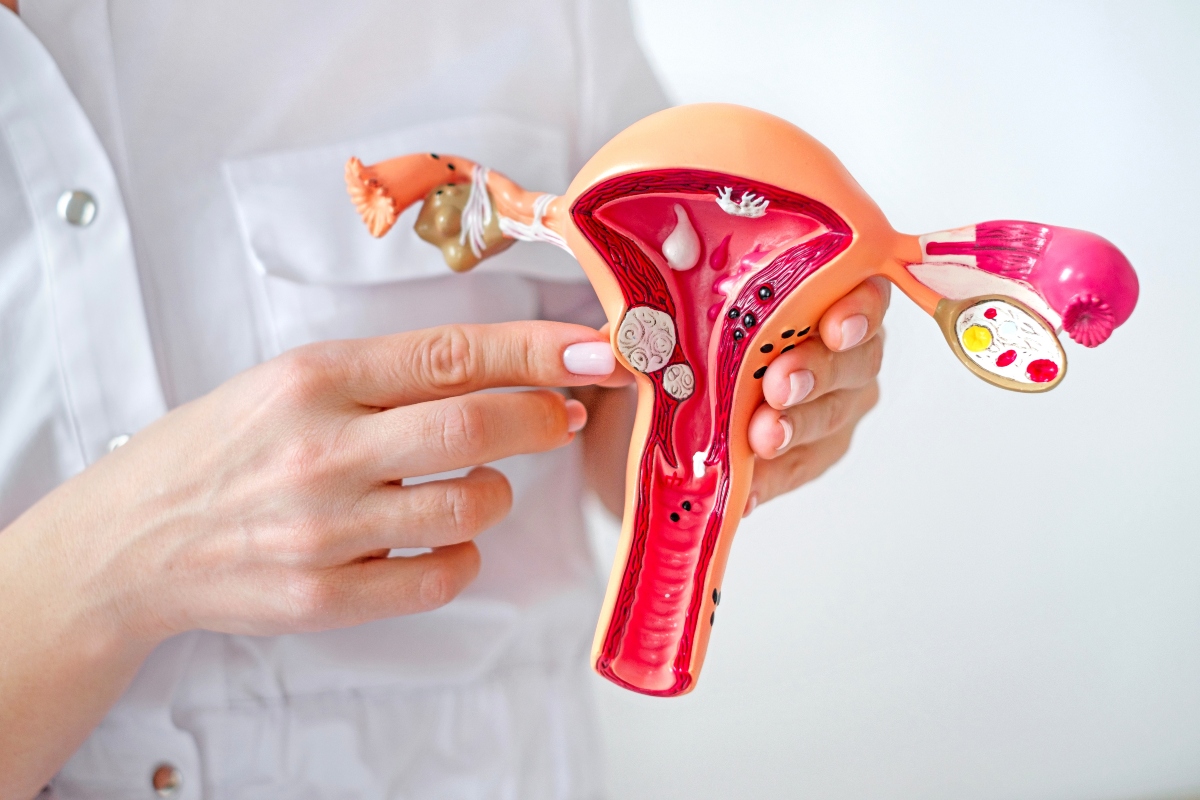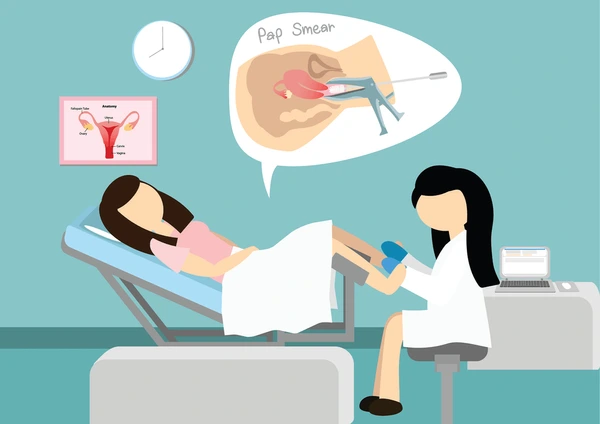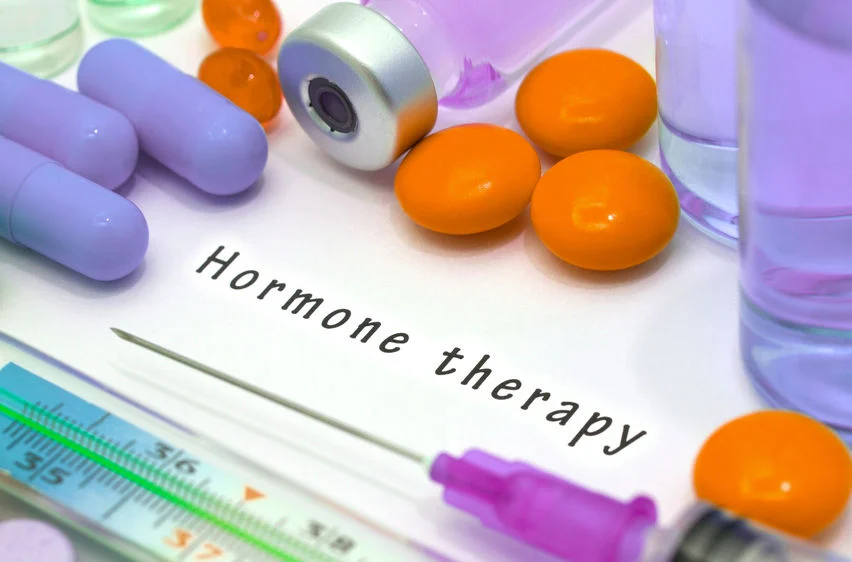
💊 What Are Hormone Therapies? The Importance and Uses of Hormone Therapy in Women’s Health
🔬 What Are Hormone Therapies?
Hormone therapies involve medically supplementing or balancing hormones that a woman’s body naturally produces in insufficient or irregular amounts. Most commonly, estrogen and progesterone—the primary female hormones—are targeted in these treatments, which are personalized for each individual. Hormones play crucial roles in regulating menstrual cycles, reproductive health, bone density, mood, and metabolism. Imbalances in these hormones can lead to symptoms and health issues that significantly affect quality of life.
🩺 When Are Hormone Therapies Used?
🌸 1. Menopause and Managing Menopausal Symptoms
Menopause marks a natural decline in ovarian function, leading to a significant drop in estrogen and progesterone levels. This hormonal change can cause symptoms such as:
- Hot flashes
- Night sweats
- Vaginal dryness
- Sleep disturbances
- Mood swings
Hormone Replacement Therapy (HRT) is widely used to alleviate these symptoms and improve daily life quality.
⚖️ 2. Polycystic Ovary Syndrome (PCOS)
PCOS is a common hormonal disorder characterized by elevated androgen levels, irregular menstrual cycles, ovulation problems, and metabolic complications. Hormone therapies help regulate menstrual cycles and balance androgen levels to manage symptoms effectively.
⏳ 3. Early Menopause (Premature Ovarian Failure)
Some women experience menopause before the age of 40. Early menopause can increase risks of bone loss and cardiovascular diseases. Estrogen replacement through hormone therapy supports managing these risks.
🔄 4. Menstrual Irregularities and Painful Periods
Heavy, irregular, or painful menstruation often indicates hormonal imbalance. Progesterone and estrogen therapies help regulate the cycle and relieve symptoms.
🤰 5. Fertility Treatments
Hormone therapies are frequently used to support fertility by stimulating ovulation or preparing the uterine lining for pregnancy.
🔥 6. Endometriosis Management
Endometriosis involves the growth of uterine-like tissue outside the uterus, causing pain and infertility. Hormone therapies reduce estrogen levels to slow the growth of this tissue and ease symptoms.
💉 How Is Hormone Therapy Administered? Methods and Dosage
Treatment plans are tailored to individual needs and may include:
- Oral Tablets: Commonly prescribed estrogen and progesterone pills taken daily.
- Transdermal Patches: Skin patches that deliver hormones directly into the bloodstream, bypassing the digestive system, potentially reducing side effects.
- Vaginal Creams/Gels: Applied locally to address vaginal dryness and urinary tract issues.
- Injections: Hormones administered intramuscularly, often monthly or quarterly, offering convenient dosing schedules.
- Implants: Small devices placed under the skin that release hormones steadily over a long period.
All treatments should be supervised by a healthcare professional to ensure safety and effectiveness.
🌟 Benefits of Hormone Therapy and Impact on Quality of Life
Hormone therapy offers numerous advantages such as:
- Relief from menopausal symptoms
- Regulation of menstrual cycles
- Prevention of bone density loss
- Stabilization of mood swings
- Assistance in fertility treatment
These benefits make hormone therapy a valuable tool in women’s health management.
⚠️ Possible Side Effects and Risks of Hormone Therapy
Despite its benefits, hormone therapy carries potential risks including:
- Blood Clot Formation: Particularly with oral estrogen; risk is higher in smokers, obese individuals, and those with high blood pressure.
- Increased Breast Cancer Risk: Long-term combined hormone use can elevate risk; regular monitoring is essential.
- Cardiovascular Issues: Increased risk of heart attack and stroke, especially in postmenopausal women with existing risk factors.
- Liver Function Impairment: Requires caution in patients with liver diseases.
- Other Side Effects: Headaches, nausea, weight fluctuations, mood changes.
🚫 Who Should Avoid Hormone Therapy?
Women with the following conditions should avoid or carefully evaluate hormone therapy with their doctor:
- Active breast or uterine cancer
- Severe liver disease
- Uncontrolled high blood pressure
- History of blood clots
✅ Conclusion: Hormone Therapy as a Vital Support for Women’s Health
When administered correctly and monitored closely, hormone therapy can significantly enhance women’s quality of life by managing symptoms of menopause, hormonal imbalances, and reproductive issues. Personalized treatment plans and regular medical follow-ups are key to maximizing benefits and minimizing risks.
For detailed information and to determine whether hormone therapy is suitable for your health needs, always consult a qualified healthcare professional.
❓ Hormone Therapy FAQ – Frequently Asked Questions About Hormone Treatments
1. What is hormone therapy and how does it work?
Hormone therapy involves supplementing or balancing hormones such as estrogen and progesterone in the body. It works by restoring hormone levels to normal ranges, helping to regulate bodily functions affected by hormone imbalances.
2. Who is a good candidate for hormone therapy?
Women experiencing menopause symptoms, hormonal imbalances (like PCOS), menstrual irregularities, early menopause, or fertility issues may benefit from hormone therapy. However, suitability must be assessed by a healthcare professional.
3. What symptoms can hormone therapy help relieve?
Hormone therapy can reduce hot flashes, night sweats, vaginal dryness, mood swings, sleep disturbances, and painful or irregular menstrual cycles.
4. What types of hormone therapy are available?
Common forms include oral tablets, transdermal patches, vaginal creams/gels, injections, and subcutaneous implants. The choice depends on individual needs and doctor recommendations.
5. How long does hormone therapy usually last?
Duration varies based on the condition being treated and individual response. Menopause symptom management often lasts 3-5 years, but your doctor will tailor the treatment plan.
6. What are the risks associated with hormone therapy?
Possible risks include blood clots, increased risk of breast cancer, cardiovascular disease, and liver function issues. Risk factors like smoking, obesity, and existing health conditions can increase these risks.
7. Can hormone therapy cause weight gain?
Some women may experience slight weight changes during hormone therapy, but this varies and is not guaranteed. Lifestyle factors also play a major role.
8. Is hormone therapy safe for breast cancer survivors?
Hormone therapy is generally not recommended for women with active or history of hormone-sensitive breast cancer. Alternative treatments should be discussed with an oncologist.
9. What should I do before starting hormone therapy?
A comprehensive medical evaluation, including history, physical examination, and sometimes blood tests, is essential to determine suitability and minimize risks.
10. Can hormone therapy improve fertility?
Certain hormone treatments can stimulate ovulation and prepare the uterine lining, aiding fertility in women with specific hormonal imbalances.
11. Are there non-hormonal alternatives for managing menopausal symptoms?
Yes, lifestyle changes, herbal supplements, and non-hormonal medications may help, but their effectiveness varies.
12. How frequently should I see my doctor while on hormone therapy?
Regular check-ups, usually every 6 to 12 months, are important to monitor effects, adjust dosage, and screen for side effects.
13. Can hormone therapy be customized?
Absolutely. Dosage, type, and administration method are personalized based on age, symptoms, risk factors, and health goals.
14. Are there any lifestyle changes that can enhance hormone therapy effectiveness?
Healthy diet, regular exercise, avoiding smoking, and managing stress can support hormone balance and improve therapy outcomes.
15. What happens if I stop hormone therapy suddenly?
Stopping abruptly may cause the return of symptoms. It’s recommended to taper off under medical supervision.



